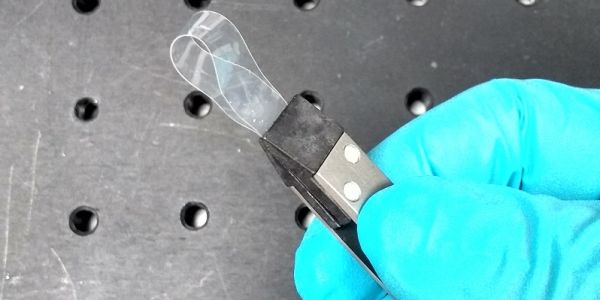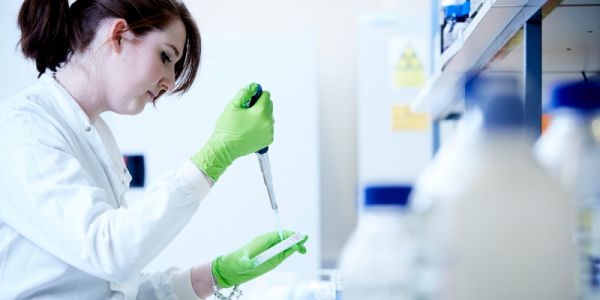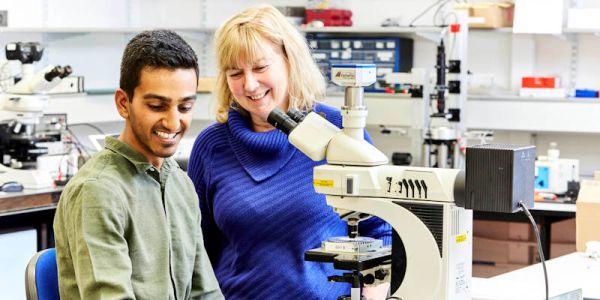
Leeds features in UK's best breakthroughs
Influential Leeds research into Antarctic ice melt is featuring in a national campaign about the benefits of universities.

Influential Leeds research into Antarctic ice melt is featuring in a national campaign about the benefits of universities.

Plans for the University’s new high speed rail research and development institute have moved forward after West Yorkshire Combined Authority’s Investment Committee backed a £13m investment.

Harmless flies have evolved over millions of years to mimic the appearance of stinging insects, but new evidence suggests climate change is reducing the effectiveness of that disguise.

Scientists have discovered the first synthetic material that becomes thicker – at the molecular level – as it is stretched.

UK scientists have found a new way to identify people with the most aggressive types of lymphoma, which are less likely to respond to standard drugs.

Professor Piers Forster has been appointed to the Committee on Climate Change and will help to shape environmental legislation and policy.

Newly-developed "nano-tweezers" created by university researchers can for the first time extract single molecules from live cells without destroying them – solving a long-standing research problem.

Only about a fifth of women at higher risk of developing breast cancer think they need to take a drug proven to help prevent the disease, according to new research.

Professor Helen Gleeson has won the Outstanding Research Supervisor of the Year category in this year’s Times Higher Education Awards, announced last night.

A new poetry prize aimed at nurturing previously unpublished poets is launched today by the University.